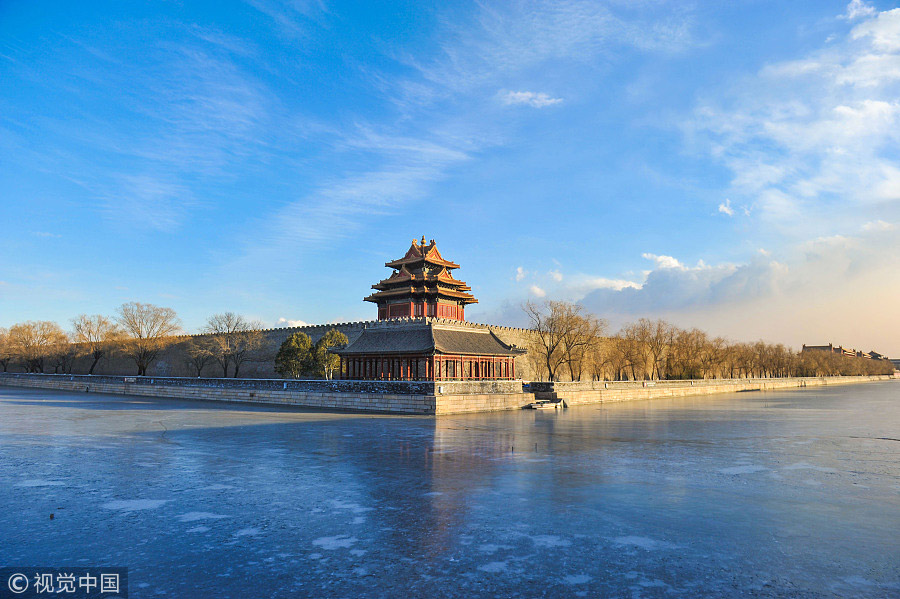Breathing clean in Chinese cities


Air quality in Beijing was once so bad potential expats like me would have second thoughts about returning to China.
Large cities, such as Beijing and New Delhi, suffered smog from cars and coal burning. So I am very happy to see more blue sky over Beijing, as the city is switching to natural gas heating rather than coal-fired heating. I personally think coal-fired boilers in China should use low-cost and high-efficiency gas turbines for power generation — not least because I am working to build such a turbine.
The world is suffering from global warming. Yet the way we cool ourselves has barely changed since Willis Carrier invented electrical air conditioning in 1902. Did you know refrigerants used nowadays for air conditioning contributes to global warming 1,700 times as much as carbon dioxide? At a summit of the United Nations Environment Programme, many countries agreed to phase out the refrigerant hydrofluorocarbon.
The USA holds key patents in new and more expensive refrigerants. But why should we need refrigerants at all? Airplanes take air at three times atmospheric pressure from jet engine compressors. That hot pressurized air is cooled down and carefully depressurized for passengers to breathe. It serves three purposes: Pressurizing the cabin at high altitudes as well as cooling and dehumidifying the cabin.
My eureka moment came when I realized jet engines can be used for air conditioning. Instead of burning fuel to heat up air, why not spray water in the combustion chamber to take out the heat of compression? That would remove harmful DM2.5 particles. Cooled compressed air expands from the combustion chamber to give chill air.
Better yet, spraying water regulates humidity to comfortable levels. In hot and dry Arizona where I live now, water evaporates, taking out a large amount of heat. In hot and humid Hong Kong where I grew up, compressing air causes humidity to condense. Humid air nourishes allergens, which caused my asthma.
I am also designing a new kind of vertical takeoff fixed-wing aircraft using my jet engine. The drone can taxi people or goods in places like crowded Beijing. That jet engine, built in plastic, can be used for A/C.
I liken Willis Carrier's invention of A/C to James Watt's steam engine, as both evaporate a liquid to a gas. Jet-based A/C is likened to Frank Whittle's jet engine, as both compress and expand air directly. No liquid-to-gas phase change is needed for high efficiency and simplicity.
I can't wait to come to Beijing in April to talk about these things at the Chinese Academy of Sciences. I look forward to seeing the blue sky and smelling the roses there again.
Joseph Y. Hui is professor emeritus of Arizona State University in the USA and president and CEO of Monarch Power Corp, a renewable energy company. His email is jhui@asu.edu.


































